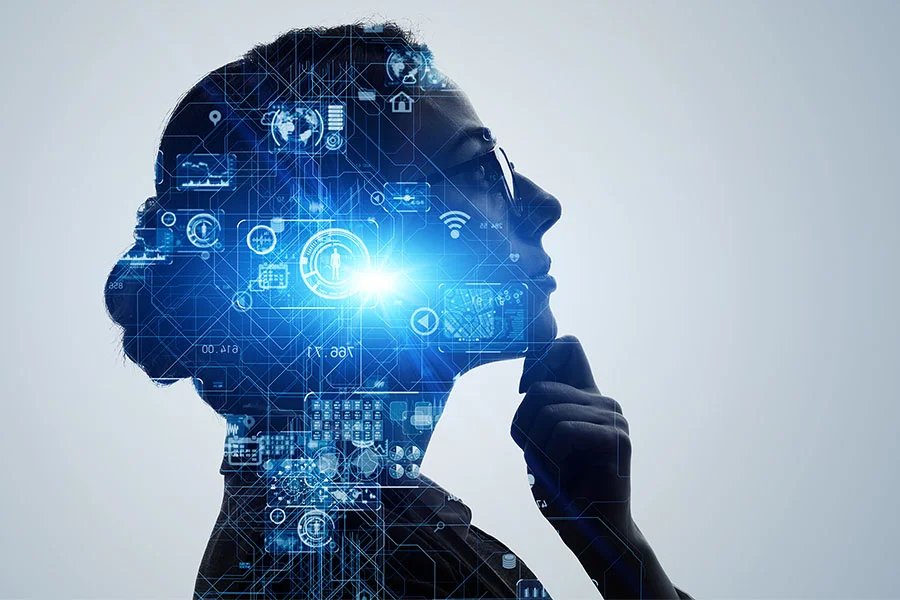Human consciousness emerges long before birth
- October 14, 2023
- 0
An international group of scientists has concluded that human consciousness may arise even before birth. Consciousness is a state in which the organism’s mental life is able to
An international group of scientists has concluded that human consciousness may arise even before birth. Consciousness is a state in which the organism’s mental life is able to

An international group of scientists has concluded that human consciousness may arise even before birth.
Consciousness is a state in which the organism’s mental life is able to experience subjective experiences in response to the events of the external world, its own body, while being aware of these events and its reaction to them. Closely related to consciousness is the concept of self-awareness, that is, awareness of oneself as separate from the rest of the world and other people. It is believed that self-awareness is present not only in humans, but also in higher primates (chimpanzees, gorillas, orangutans), elephants and dolphins. Simply put, self-awareness is the inner sense of one’s individuality, and consciousness is the ability to feel the world around us and analyze events occurring inside and outside the body.
The problem of the emergence of consciousness is one of the most important problems in biology, psychology and philosophy. Although there are many different theories on this subject, it is not known exactly how and at what stage the consciousness of formation and phylogenesis emerged. If we talk about people, according to some concepts, consciousness arises a few months after birth, shortly before (or later) the child turns one year old. Others claim that the first glimmers of consciousness appear immediately after birth. Others believe that consciousness arises before birth.

Neuroscientists and psychologists from the universities of Monash (Australia), Tübingen (Germany), Minnesota (USA) and Trinity College in Dublin (Ireland) came to the same conclusion after analyzing the literature on this topic. The findings are presented in the journal Trends in Cognitive Science. According to scientists, there is sufficient evidence that human consciousness arises very early, long before birth.
This is evidenced by studies on indicators of attention, the integration of information from different senses, as well as physical markers related to the feeling of surprise and redirection of attention. Summarizing the results of these studies, scientists came to their conclusion: Newborns are able to integrate developing sensory and cognitive responses into a coherent conscious experience to understand the actions of others and plan their own reactions, which means that consciousness arises in them before birth.
Term newborns show a desire for visual fixation and a rich range of reactions is observed in response to unpleasant stimuli. Just as young children can distinguish their mother’s voice from that of a stranger, they can also distinguish bright expressions of joy or disgust on their faces. These abilities distinguish infants from people with severe brain damage who suffer from non-receptive wakefulness syndrome, a “vegetative” or post-coma state. It is believed that such patients are in a certain state of partial arousal, but in true consciousness. Babies’ behavior seems different.
However, this “incorporation” of consciousness probably occurs not immediately after its “emergence” but gradually as synapses connect and cognitive models are formed. At the same time, scientists are still far from answering the question of whether the baby’s consciousness can be called partial or full, or whether the fetus is dreaming. Source
Source: Port Altele
As an experienced journalist and author, Mary has been reporting on the latest news and trends for over 5 years. With a passion for uncovering the stories behind the headlines, Mary has earned a reputation as a trusted voice in the world of journalism. Her writing style is insightful, engaging and thought-provoking, as she takes a deep dive into the most pressing issues of our time.